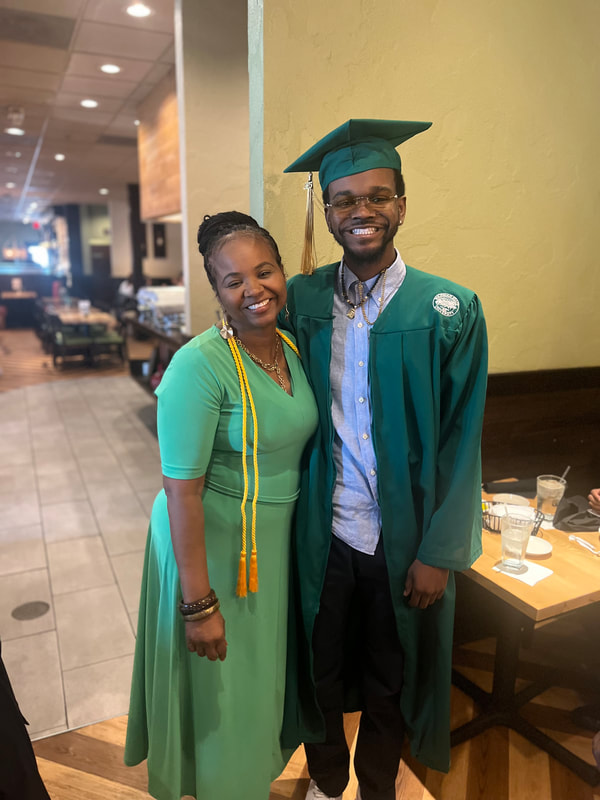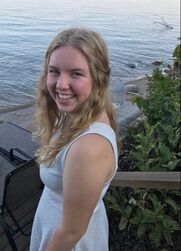For hours, we sat and listened to the police scanner in the dark, hearing rumors such as multiple shooters and explosives on campus. The shooter seemed to be everywhere yet nowhere to be found. I feared for all my friends on campus, especially the ones in the Union that evening. Texting my friends was emotional. Some believed they were not going to make it, while others dissociated, all valid responses in a time of trauma. Finally, the news came that the threat had been neutralized. After hours of listening to the extreme claims of the police scanner, many of us had trouble believing it was finally over. My feelings about being at MSU truly felt tainted.
The next morning, along with the majority of the campus, I left MSU for home. Two days later, I left for India, a trip I was making after 7 long years. I had anticipated and romanticized this for years. Surely, I couldn't enjoy it. My fellow students were suffering, dealing with the new realities of our campus: how could I possibly enjoy the festivities of a Punjabi wedding? During the first of the many wedding events to come, while awkwardly standing on the edge of the dance floor, I heard shots being fired. I ran. I ran out of the event, and left the building in panic. My mom came running out, assuring me it was just a wedding tradition and part of the celebration. Embarrassed and emotionally exhausted, I requested to leave the event and went back to my grandma's home. The shooter had control at that moment. Just like he was able to take our campus captive, he was able to capture our minds, and I couldn't bear the thought of having a trip that meant so much to me these last few years being taken just like that.
Growing up in a lone family in the West in a rather individualistic society, I had no idea of the immense love and compassion that can be experienced as part of an extended family. I would often question my mother’s insistence that she had a great childhood even when she did not have many materialistic comforts like me. For the first time, I finally experienced what constantly being surrounded by family and love can do. This newfound support system helped me reclaim my trip and my life. Over 7,000 miles away from what seemed like a nightmare back home, the love, generosity, and warmth of India helped me look this act of hatred in the eye and defy it.
March 13th was the day I returned back to MSU, exactly a month after the incident initially occurred. With it being my first year at MSU, I struggled to find a home in this 5,200 acre institution. Coming back and seeing a united community of students determined to reclaim our campus, was when I realized MSU was my home.
Anthony Dwane Mcrae came on campus not only to spread fear but to break our spirits. We did not and will not let him succeed. Our 50,000 strong campus stood together to show the world that love, unity, and compassion can overcome anything. We are stronger than this act of hate and it certainly will not define us. We owe it to Arielle Diamond Anderson, Brian Fraser, and Alexandria Verner to demand change. No student should be scared to go to school and it is up to us as the youth of this country to show the nation that their lives mattered and so does every other victim of gun violence penetrating our schools.


